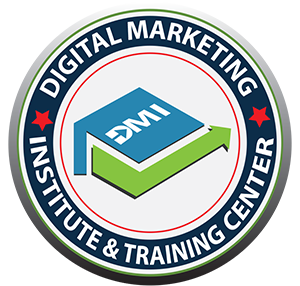Digital Marketing Institute & Training Center Provides Social Media Marketing which is a strategic approach to promoting products, services, or brands using various social media platforms. It involves creating and sharing compelling content, engaging with the target audience, and leveraging the power of social media to achieve marketing goals and objectives. In a Social Media Marketing campaign, businesses utilize platforms such as Facebook, Instagram, Twitter, LinkedIn, YouTube, and others to connect with their target audience and build brand awareness. The following elements are typically involved in a social media marketing strategy:
-
Goal Setting: Defining clear objectives for the social media marketing campaign, such as increasing brand visibility, driving website traffic, generating leads, or boosting sales.
-
Audience Identification: Identifying and understanding the target audience, including their demographics, interests, and online behavior, to tailor the content and messages effectively.
-
Content Strategy: Developing a content plan that aligns with the brand's goals and resonates with the target audience. This may include creating engaging posts, articles, videos, infographics, and other forms of content.
-
Platform Selection: Selecting the social media platforms that are most relevant to the target audience and align with the campaign's goals. Each platform has its own strengths and user demographics.
-
Community Management: Building and nurturing an active online community by engaging with followers, responding to comments and messages, and fostering conversations around the brand.
-
Influencer Marketing: Collaborating with social media influencers or industry experts to promote products or services and reach a wider audience.
-
Paid Advertising: Utilizing paid advertising options offered by social media platforms, such as sponsored posts, display ads, or promoted videos, to expand reach and target specific audience segments.
-
Analytics and Measurement: Monitoring and analyzing social media metrics, such as engagement rates, reach, conversions, and ROI, to assess the effectiveness of the campaign and make data-driven adjustments.
-
Social Listening and Reputation Management: Monitoring social media platforms for mentions of the brand, addressing customer feedback and inquiries promptly, and managing the brand's online reputation.
-
Continuous Optimization: Regularly reviewing and optimizing the social media strategy based on insights and data to improve results and stay relevant in a dynamic social media landscape.
Social Media Marketing offers businesses the opportunity to reach a wide audience, engage directly with customers, and build brand loyalty. By leveraging the power of social media platforms, businesses can enhance their online presence, increase brand visibility, drive website traffic, and ultimately achieve their marketing objectives.
